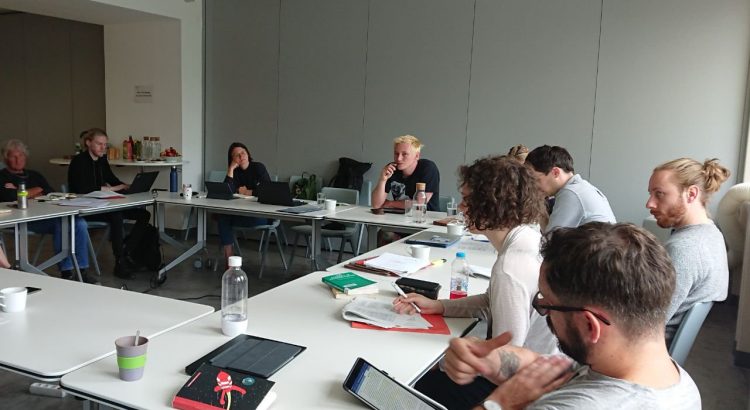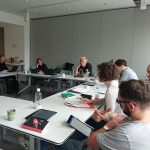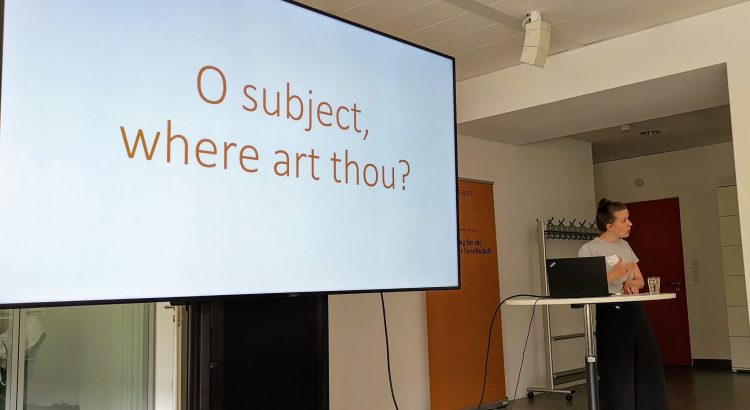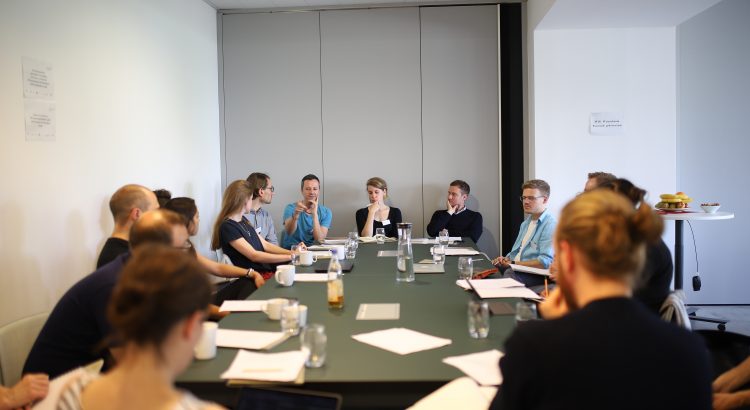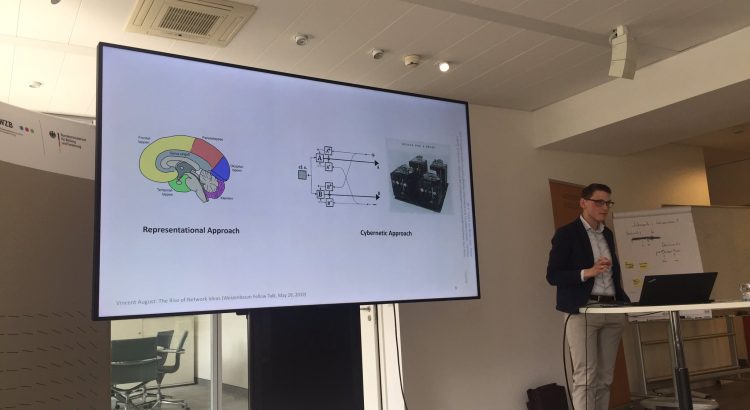Dienstag 26. November 2019, 13.00 - 14.30 Uhr
Weizenbaum-Institut, Raum C102
Veranstaltungswebsite
 Rampant abuse, hate speech, censorship, bias, and disinformation – our Internet has problems. It is governed by technology companies – search engines, social media platforms, content hosts, and infrastructure providers – whose rules influence what we are allowed to see and say. These companies govern our digital environment, but they are also subject to pressure from governments and other powerful actors to censor and control the flow of information online. As governments around the world grapple with how to regulate digital media platforms, it’s clear that big changes are coming. We are now at a constitutional moment – an opportunity to rethink the basic rules of how the Internet is governed. Can we build a vibrant, diverse, and flourishing internet that can promote fundamental human rights? Nicolas Suzor argues that, if we care about the future of our shared social spaces, we need a new constitutionalism: real limits on how power is exercised online.
Rampant abuse, hate speech, censorship, bias, and disinformation – our Internet has problems. It is governed by technology companies – search engines, social media platforms, content hosts, and infrastructure providers – whose rules influence what we are allowed to see and say. These companies govern our digital environment, but they are also subject to pressure from governments and other powerful actors to censor and control the flow of information online. As governments around the world grapple with how to regulate digital media platforms, it’s clear that big changes are coming. We are now at a constitutional moment – an opportunity to rethink the basic rules of how the Internet is governed. Can we build a vibrant, diverse, and flourishing internet that can promote fundamental human rights? Nicolas Suzor argues that, if we care about the future of our shared social spaces, we need a new constitutionalism: real limits on how power is exercised online.



